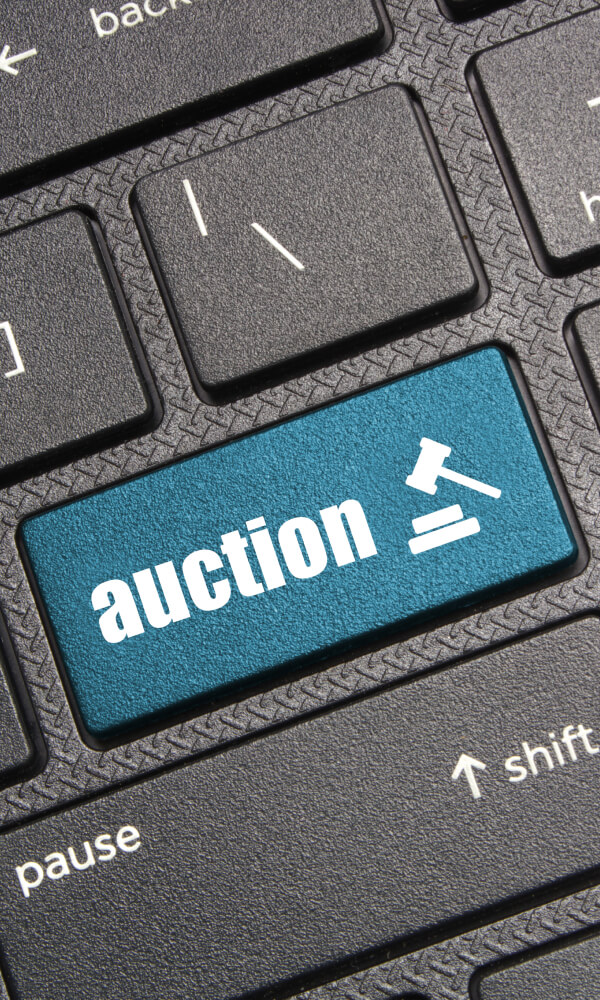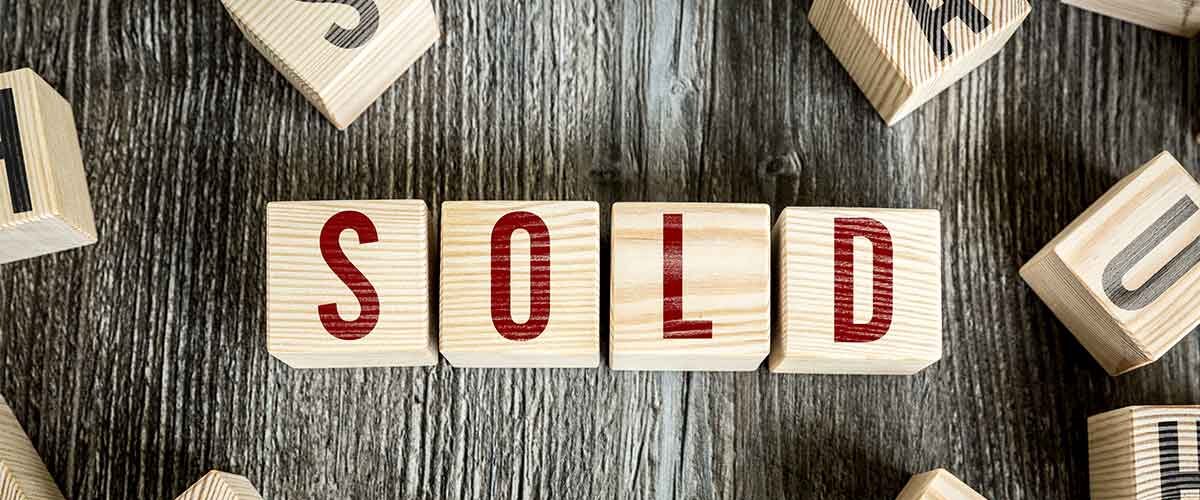Consignment auctions offer a variety of small, large and multiple asset lots, with varied individual collections, usually derived from corporate settlements as well as lots from multiple individual businesses. While a liquidation or property auction contains the assets of a single business or property, Bid First Auctions’ consignment auctions feature hundreds of items from different sellers. Sometimes they involve auctions that are specific to certain industries. Online consignment auctions can include any inventory from any industry from laptops to tableware to children’s clothing and toys.
Get Expert Online Auction Advice!
Why choose consignment auctions?
Auction items usually sell well below fair market value, especially common household items, but it’s a good way to sell in bulk. These auctions allow business owners, small businesses, and even homeowners to supply a variety of items and equipment for the auction house. Auction houses can be very selective about what they choose to sell. For example, a firearms consignment auction might have 100 or more guns from dozens of sellers.
With consignment auctions, there is a lot that can be negotiated. If you are a seller and you don’t want to settle for a price lower than what’s set by the auction house for your collection, please let the auctioneer know that you want to place a reserve (the price below which the items won’t sell). A reserve is usually a set reserve price that buyers must meet before the auction item can be assigned to a bidder. Just keep in mind that if the auction house decides that you want to unreasonably reserve your items, they will most likely refuse to accept your items for auction.
Additionally, the auction houses may have a variable commission rate, based on the type of items being auctioned, which means sellers can negotiate a lower rate for higher value items in your shipment. In addition, each auction house has a minimum commission rate that it can accept; this means the total rate of all items in your collection.
How to sell at consignment auctions?
Getting your items into a consignment auction is fairly straight forward. When objects arrive at the auction house, they are unloaded and carefully laid out on tables for display before the auction. In the case of online auctions, once items are received by the auction house, they are photographed for marketing purposes.
Some auction houses allow viewing of the items. For offline auctions, all items sold this way will be displayed and organized for bidders to view them before and during the auction. Or on an online webpage in the case of online auctions. Regular reports of items sold are sent to sellers, usually within 2 weeks of the auction. On Bid First Auctions, we have a dashboard that sellers can use to keep track of their sold auctions with real time updates.
What are consignment auction contracts?
Once you decide to put your items up for auction, you will usually receive a contract to work with the auction house, which you must review and sign. The value of your items (whether single or multiple) will be determined by the auction house. During the consultation, the auctioneer will meet with you and gather a general overview of the items for sale.
Before you sign a dotted line contract, make sure you have a good understanding of the auction process. Before you decide to go down this route, you need to understand the impact the auction house can have on your auction. You will find that some items sell very well with one auction house, and other better with a different auction house.
In short, a consignment item is supplied by a third party for sale in your auction. These items have a base or reserve price set for sale and any amount in excess of auction fees is your final payout. When you sell these consignment items, explain to the buyers what the terms of the auction will be. If you feel you need to silently auction some consignment items, your best bet is to make sure the items are particularly unique and can’t be bought elsewhere.
How do auctioneers determine auction prices?
Auctioneers will want to inspect your collection before accepting it for delivery. The auctioneer is likely to give you a realistic estimate of your items. This service is part of the fees associated with auctioning your items. Due to the time-consuming work involved in preparing a lot for an auction, the auction house will most likely charge you a commission or penalty for unsold items that you have reserved; Rates vary, so please ask. Auction houses will be more flexible when sending for a private sale rather than a public auction, as the terms of the public auction are published in the catalog or website and cannot be tailored to each sender.
Instead of generating interest and promoting an article in a local newspaper or website on your own, let the auction houses use their own marketing tactics for you. To ensure that your item is viewed by as many potential bidders as possible, each upcoming auction should receive extensive national and international marketing. You can be sure that your goods have been sold to thousands of people in the area by convincing them to participate in the auction to buy your goods. If you have one or more items you’d like to auction, we can help you!
What are buyer’s fees?
Buyer fees are charged so that auctioneers can pay for the upkeep of their auction business, and can reduce seller fees. As such, they often cut the seller’s commission to get quality items and make up some of the difference through a buyers a premium. The sellers in these auctions only pay a commission if their item is sold, so risk is minimized for the seller. Incentivizing the continued supply of quality consignment items for acution.
Best of all, consignment auctions simplify the selling process effortlessly. Quick access to high-quality auction items is key, and by finding the right items for delivery ahead of time, you can rest assured knowing that high-value items are safe. Auctions offering a selection of quality items attract many bidders and raise prices.
Consignment auctions are a win-win!
Ultimately, a well-attended auction will result in a higher net for sellers, all the while rewarding buyers. That’s why consignment is a smart option to provide a comprehensive auction with attractive items that can fetch higher bids. Selling a variety of items unlocks many potential buyers for the auction house and generates competitive bids so your items reach a higher final selling price. For more info on the power of online auctions, check out our article on why online auctions are worth it!
Consignment auctions are a great way to increase the variety of items in a given auction for an auction house, drive more traffic, and therefore driving higher hammer prices for sellers, and create a higher volume of possible lots for buyers to find and bid on, it’s a win, win, win!


